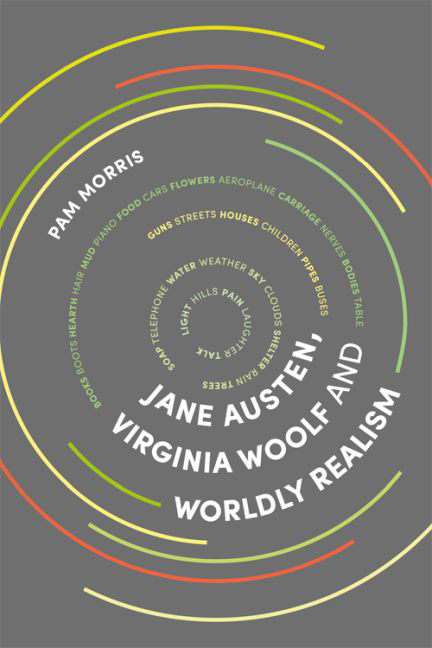3 - Emma: A Prospect of England
from Part II - Nation and Universe
Published online by Cambridge University Press: 20 April 2017
Summary
Emma (1815) is one of those literary works which can seem to exist within the timeless glow of its own perfection. For many readers, Emma's world evokes an ideal of England. Of all Austen's novels it is perhaps the one that most lends itself to what Roger Sales calls the promotion of a ‘particular idea of Englishness’. The ‘association between Austen and Englishness is currently a very strong one’, he says. The perception of timeless, quintessential national values is, however, an illusion largely imposed on Austen's text by an idealist regime of interpretive practice. Rather than depicting a pastoral England that never was, Emma is a novel that proclaims, from its very first page, the inevitability of change. As in Sense and Sensibility, this process is enacted as a shift away from the settled order of inherited place to the motility of social space. A vertical regime of the proper gives way to horizontal recognition of those previously regarded as below notice. Again, as in the earlier novel, the focus of change is a young woman, Emma Woodhouse. The transition that Emma makes in the novel continues Austen's social critique of subjective idealism, as an imposition of self upon the world. Equally, the narrative trajectory explores the changing identity of the English nation, challenging the consensual acceptance of hierarchical social exclusiveness with the possibility of greater horizontal inclusivity.
Questions as to the proper nature of social relations and political settlements were central concerns within eighteenth-century British Enlightenment. Austen was rooted in that interrogative mode of thinking but she was writing in the aftermath of the French Revolution, and, importantly, after the publication of Edmund Burke's influential Reflections on the Revolution in France (1790). Burke's romantic idealism produced a powerfully imagined vision of an immemorial England, sustained by hierarchical traditions of patrician and religious ideals. National sentiment, Burke claimed, is nurtured in the small ‘platoon’ of childhood and that early reverence for local attachments expands and cements the ties of gratitude, benevolence and obedience that secure the unity of the nation. This ideal appealed powerfully to public reaction and anxiety in the wake of the Revolution and has retained a central place ever since in conservative concepts of English national identity.
- Type
- Chapter
- Information
- Jane Austen, Virginia Woolf and Worldly Realism , pp. 83 - 106Publisher: Edinburgh University PressPrint publication year: 2017



